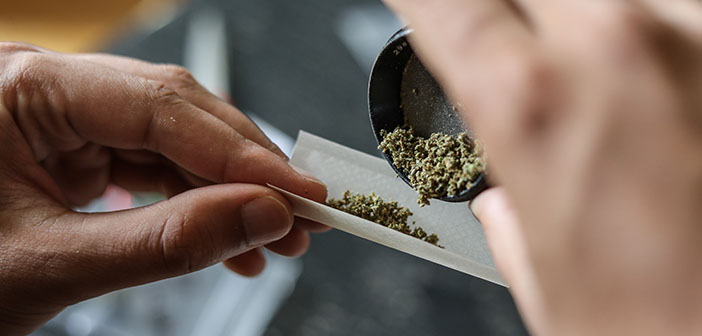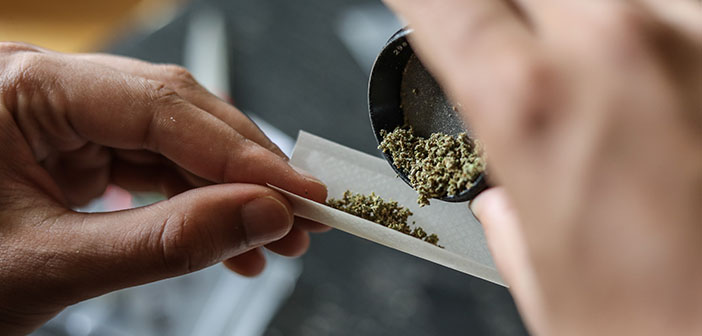
By, Melinda Deslatte
BATON ROUGE, La. (AP) — More than three years have passed since Louisiana lawmakers established a framework for dispensing medical marijuana in the state, and the timeline for patients to gain legal access to the drug keeps getting pushed back.
The new estimate for when therapeutic cannabis will be available is late January 2019, though the only state-sanctioned grower currently operating says that product release may be stalled until May 2019 instead, amid a disagreement with the Louisiana Department of Agriculture and Forestry.
State regulators took years to set the rules, license the doctors, and choose the pharmacies.
And now that the crop has been planted, new issues seem to continue emerging as the conservative Southern state grapples with how to restrict, yet offer medical marijuana.
Friction in particular seems to have emerged between GB Sciences, the grower chosen by the agricultural center at Louisiana State University (LSU), and the agriculture department over the interpretation of its rules regulating marijuana production.
Regulatory paperwork remains unfinished, and final production procedures remain uncertain. Questions abound about why Louisiana is taking so long to get the industry up and running when many other states offer models for doing the work.
Republican state Sen. Fred Mills, the pharmacist who crafted Louisiana’s medical cannabis laws, said the startup of a government-run program can take time to ensure patient safety and regulators’ comfort.
But he’s ready for patients to have access to medicinal marijuana.
“It does tear me up when I get people with a debilitating disease asking, ‘When is Louisiana going to have it ready?’ If I put myself in their position, I don’t think there’s any good explanation for them right now,” Mills said.
Nine dispensing pharmacies across the state have been chosen by the pharmacy board and are readying their locations. Forty doctors have been permitted by the medical licensing board to recommend medical cannabis to patients, and doctors have started consulting with people with chronic conditions eagerly awaiting legal cannabis.
Under a law passed in 2015 and tweaked since then, Louisiana is allowing medical cannabis to treat a long list of diseases and disorders, such as cancer, seizure disorders, epilepsy, glaucoma, post-traumatic stress disorder (PTSD) and Parkinson’s disease. Marijuana can be available as medicinal oils, capsules, liquids and topical applications, but cannot be sold in a smokable form.
Lawmakers created regulatory hurdles not seen in other states, such as deciding that only the LSU and Southern University agricultural centers can grow marijuana. Southern lags in starting its operation, taking longer to select contractor Advanced Biomedics.
Of the current crop planted by GB Sciences, the agriculture department estimates it will take up to six weeks to test samples for possible contaminants. The agency will do the testing in its own lab while continuing to search for an outside lab for future work.
John Davis, president of GB Sciences Louisiana, said the grower will submit a sample soon and a timeline worked out with Agriculture Commissioner Mike Strain should have testing done so medication is ready by the end of January.
But the agriculture department hasn’t signed off on regulatory paperwork required of GB Sciences, a process that started earlier in 2018. GB Sciences is operating in a temporary, smaller site until it receives approval to move into the main facility. Both sides say they’re working to resolve disagreements over the documents.
Still, another possible production disruption has emerged.
Davis said Strain’s office notified GB Sciences the procedures approved for the first crop of medical cannabis will have to be changed before the second crop. He said that could delay release of marijuana until May 2019 because GB Sciences doesn’t want to risk putting out a first batch of products without refills available.
“A patient who is undergoing some significant medical conditions does not need a break in their medication supply,” Davis said.
However, agriculture department attorney Tabitha Irvin said the agency hasn’t changed the rules. Instead, she said in a statement that GB Sciences, limited in production at its temporary site, was trying to use plants from another facility out of compliance with state law.
The agriculture department “has been tasked by the legislature as the regulatory agency to make sure the public gets a safe product and the (agency) and Commissioner Strain will not cut any corners,” Irvin said.











